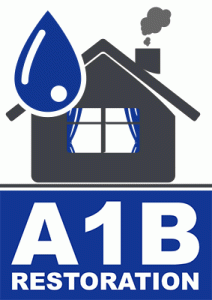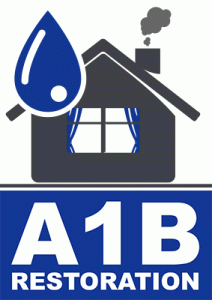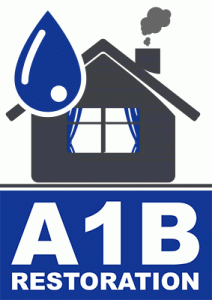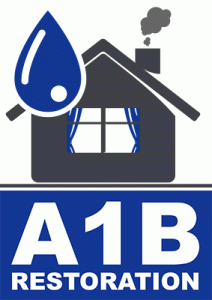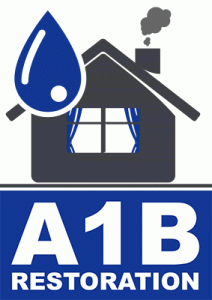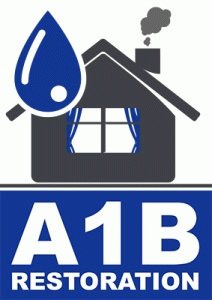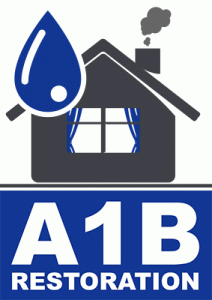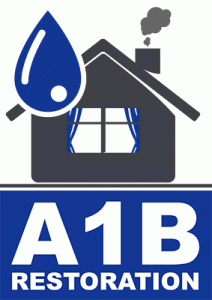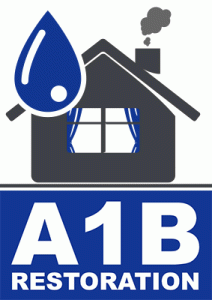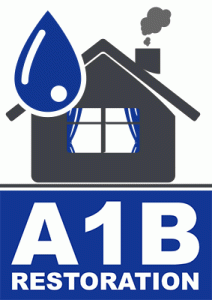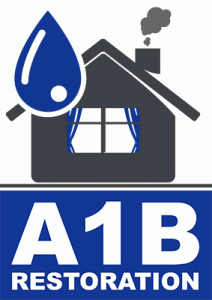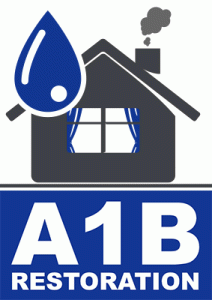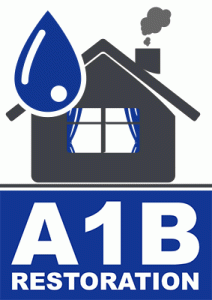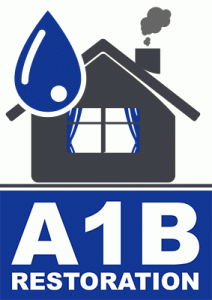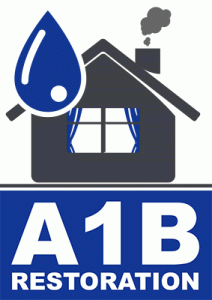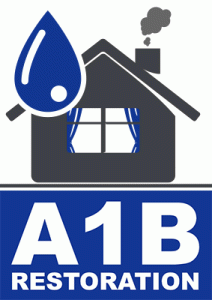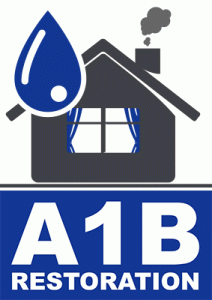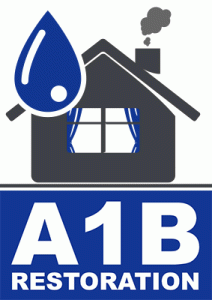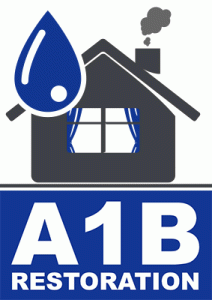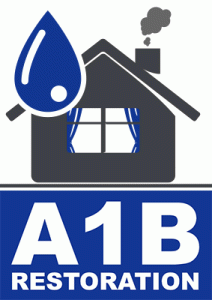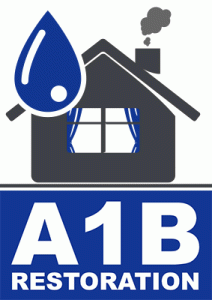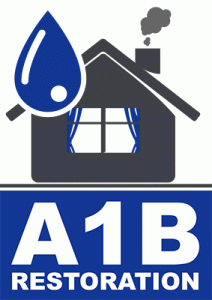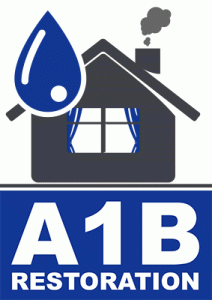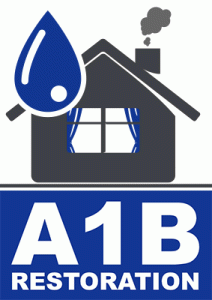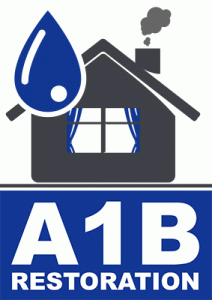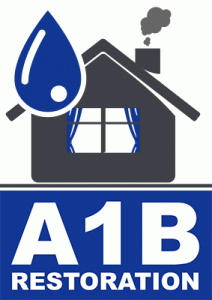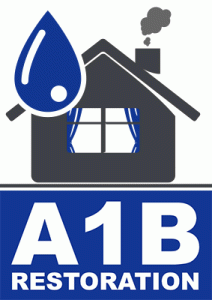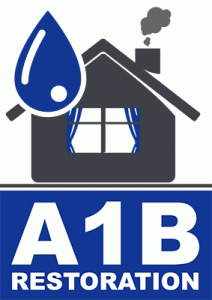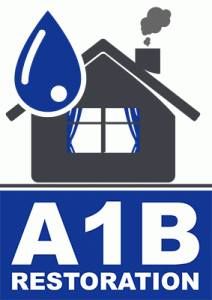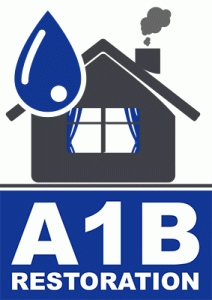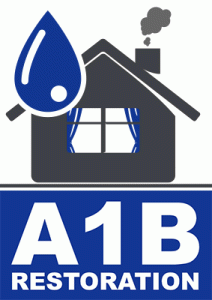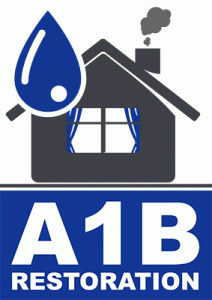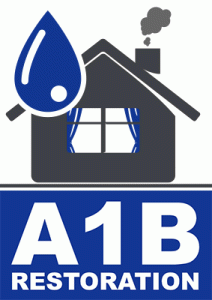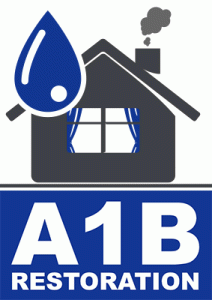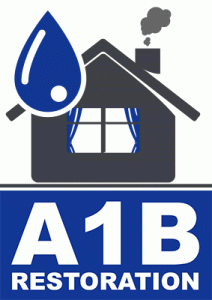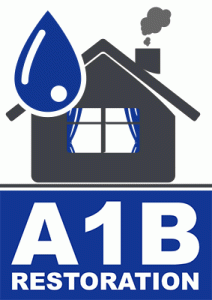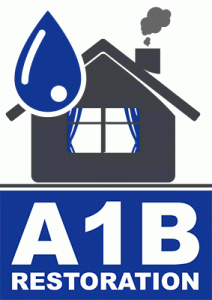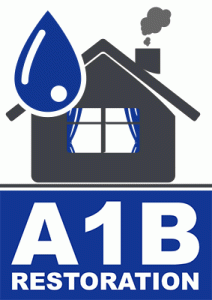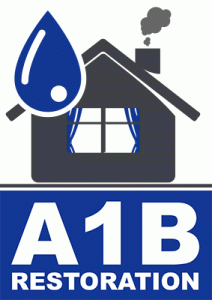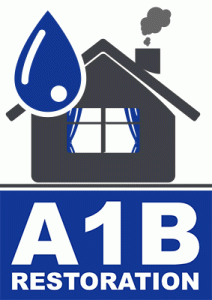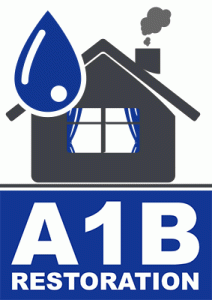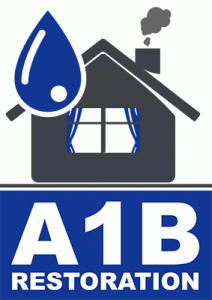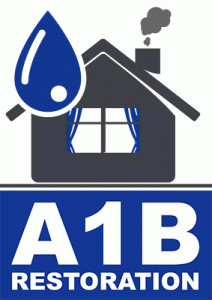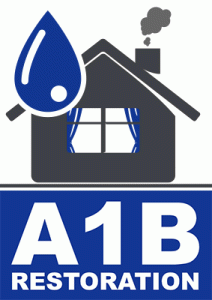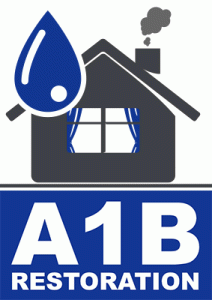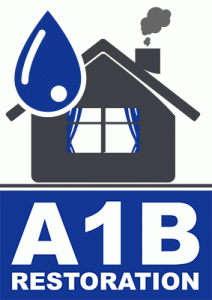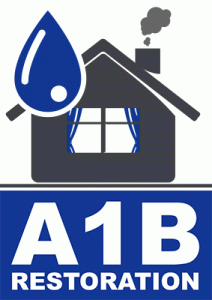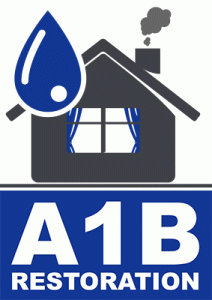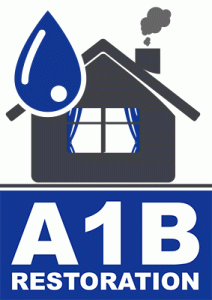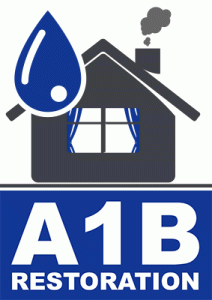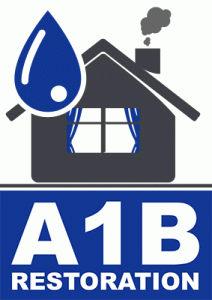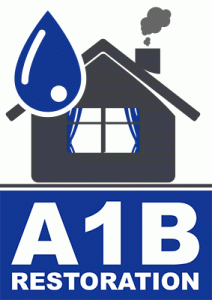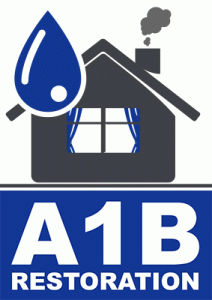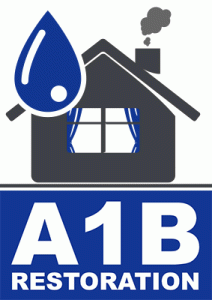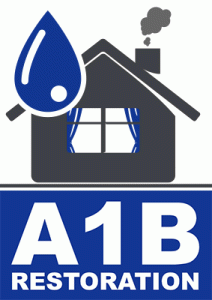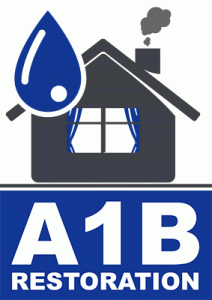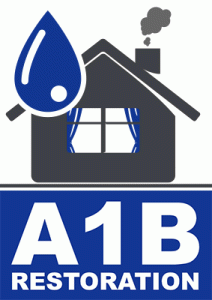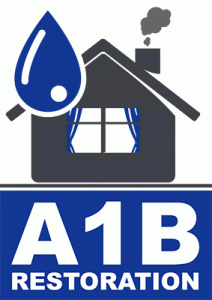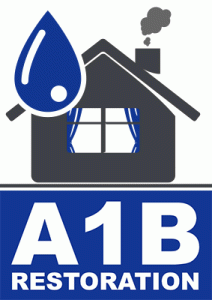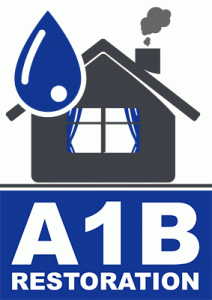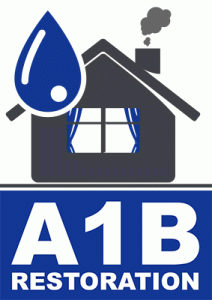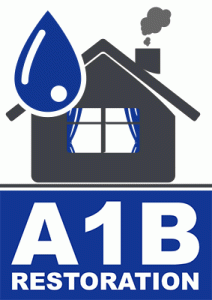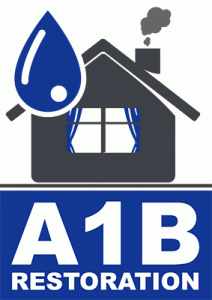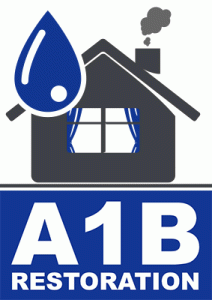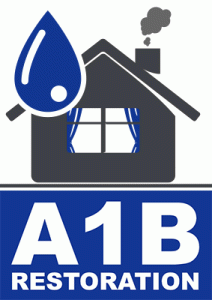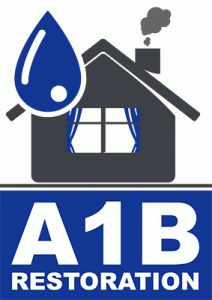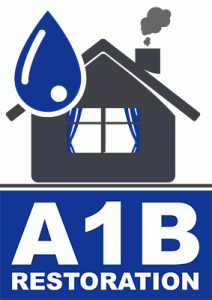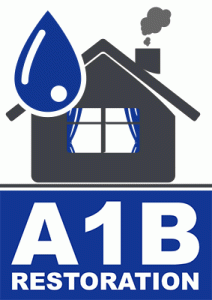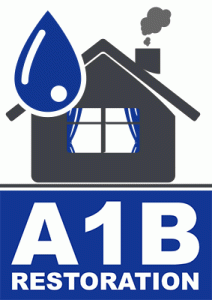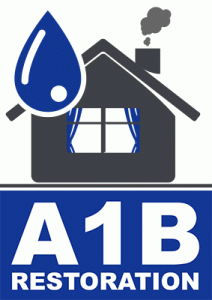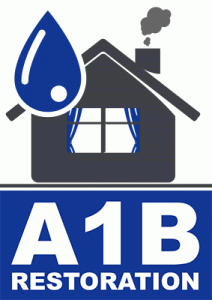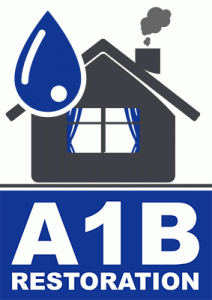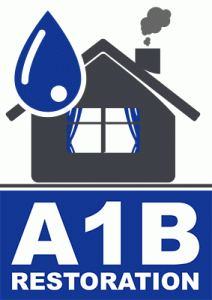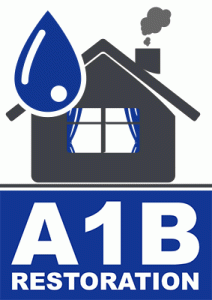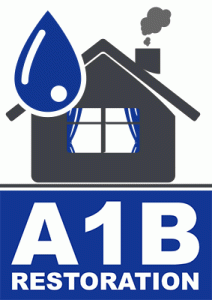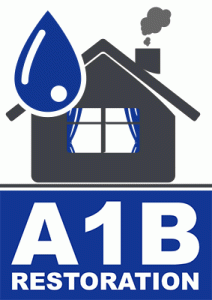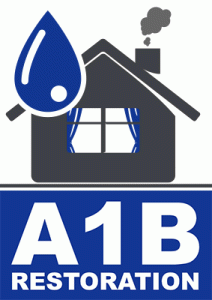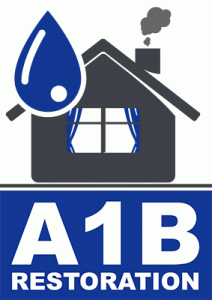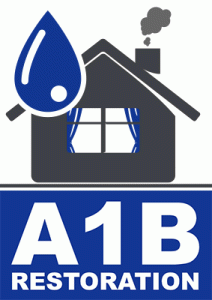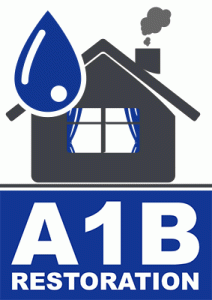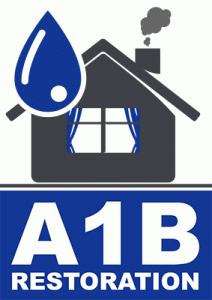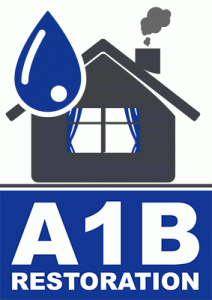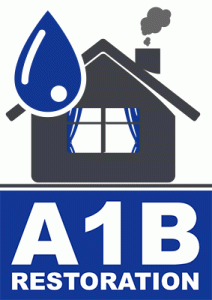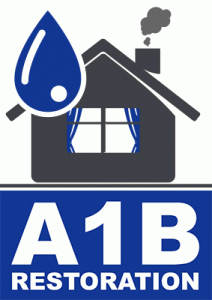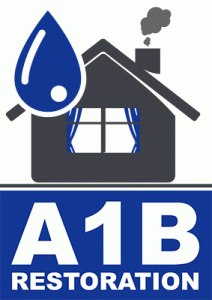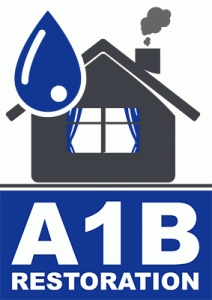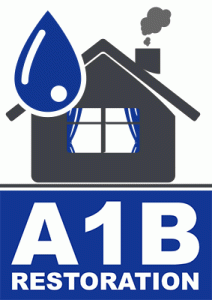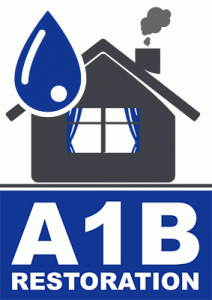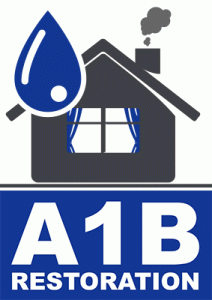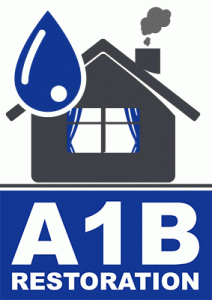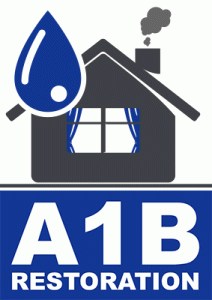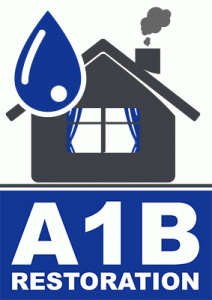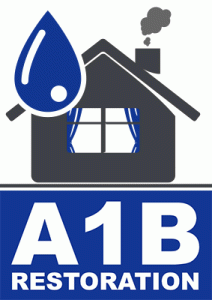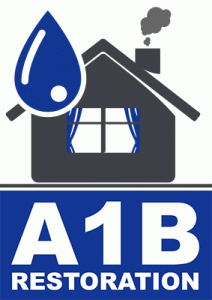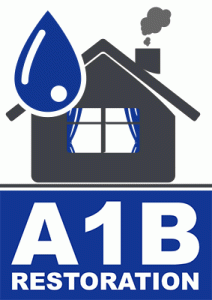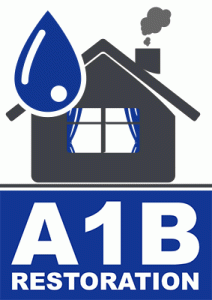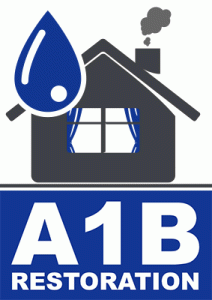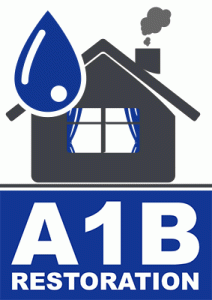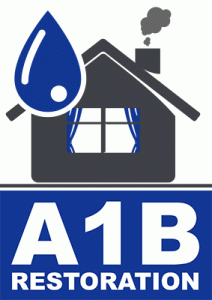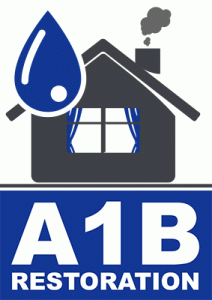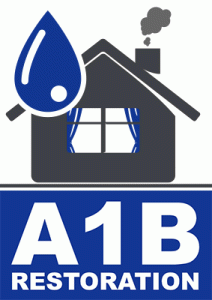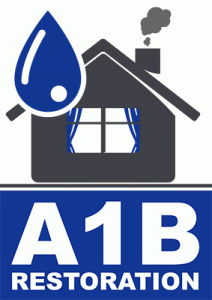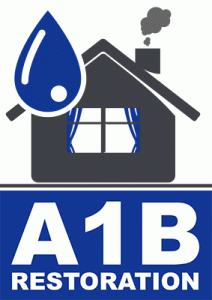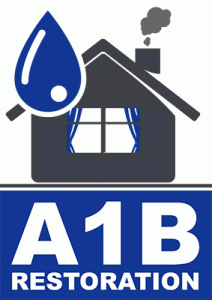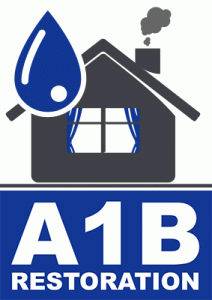A Day in the Life of a Water Restoration Expert
Water damage is a common yet devastating issue that can affect any home or business. From burst pipes to natural disasters, water can cause significant damage if not addressed promptly. This is where water restoration experts come in. These professionals are trained to handle water emergencies efficiently and effectively, ensuring that properties are restored to their pre-damage condition.
The Role of a Water Restoration Expert
Water restoration experts play a crucial role in mitigating the damage caused by water. Their primary responsibilities include assessing the damage, extracting water, drying and dehumidifying the affected area, cleaning and sanitizing, and finally, restoring the property. According to the National Flood Insurance Program, floods are the most common and costly natural disaster, with an average of $3 billion in claims per year in the United States alone.
Starting the Day: Initial Assessment
The day for a water restoration expert typically begins with an initial assessment of the damage. This step is critical as it helps determine the extent of the damage and the best approach for restoration. Upon arriving at the site, the expert conducts a thorough inspection, identifying the source of the water and categorizing the water damage into one of three categories: clean water, grey water, or black water. This classification helps in determining the safety protocols and necessary equipment for the job.
Extraction and Drying
Once the assessment is complete, the next step involves water extraction and drying. Using specialized equipment such as pumps and vacuums, the expert removes standing water from the property. Time is of the essence here, as the longer the water remains, the more damage it can cause, including mold growth which can begin within 24-48 hours. After extraction, industrial-grade dehumidifiers and air movers are used to dry the area thoroughly.
Cleaning and Sanitizing
With the area dry, the focus shifts to cleaning and sanitizing. This process includes scrubbing and disinfecting surfaces to prevent mold and bacteria growth. In cases where black water is involved, which may contain sewage or other harmful contaminants, more rigorous cleaning methods are employed to ensure safety. The expert uses antimicrobial treatments to eliminate bacteria and deodorizes the area to remove any lingering odors.
Restoration and Repair
The final phase in a day’s work involves restoration and repair. This can range from minor repairs, such as replacing drywall and installing new carpets, to major reconstruction projects. The goal is to restore the property to its pre-damage condition, ensuring that it is safe and comfortable for its occupants. The restoration expert works closely with contractors and insurance adjusters to ensure that the repairs are executed smoothly and efficiently.
Tools of the Trade
Water restoration experts rely on a variety of tools to perform their tasks effectively. These include moisture detectors, hygrometers, infrared cameras, and industrial-grade dehumidifiers. Each tool serves a specific purpose, helping the expert identify hidden moisture, monitor humidity levels, and ensure that the affected area is thoroughly dried and safe for occupancy.
Challenges and Rewards
While the role of a water restoration expert is demanding, it is also incredibly rewarding. One of the biggest challenges is dealing with the unpredictability of water damage. Every job is unique, and the expert must be prepared to adapt to different situations quickly. However, the satisfaction of helping clients restore their homes and businesses, seeing their relief and gratitude, makes the hard work worthwhile.
Actionable Tips for Property Owners
While water damage can be unpredictable, there are steps property owners can take to minimize risk and ensure a swift recovery:
- Act Quickly: Time is critical when dealing with water damage. The sooner you address the issue, the less damage it will cause.
- Regular Maintenance: Perform regular checks on your plumbing system, roof, and foundation to catch any potential issues early.
- Invest in a Sump Pump: A sump pump can help prevent basement flooding, especially in areas prone to heavy rainfall.
- Maintain Proper Drainage: Ensure gutters and downspouts are clear of debris, and the landscape slopes away from the foundation to prevent water pooling.
Conclusion
A day in the life of a water restoration expert is both challenging and fulfilling. These professionals play a vital role in helping property owners recover from the devastating effects of water damage. By understanding the processes involved and taking proactive measures, property owners can better protect their investments and ensure a swift recovery in the event of water damage. Whether you are facing a minor leak or a major flood, a water restoration expert is your best resource for restoring your property quickly and efficiently.
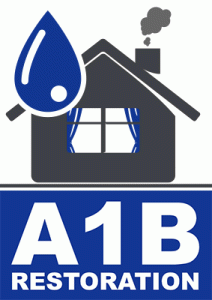
restoration company water damage Cedar Hill Texas
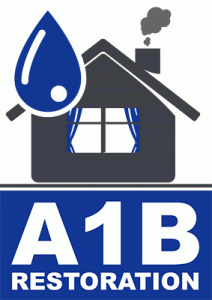
water damage restoration services near me North Richland Hills Texas
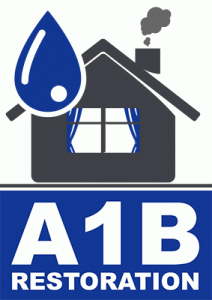
Arlington Texas restoration water damage companies
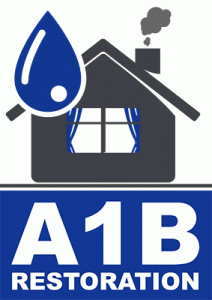
DeSoto Texas water damage restoration service near me
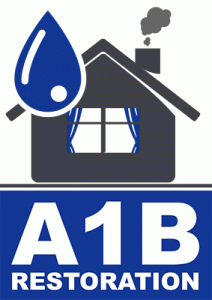
Lakewood Dallas Texas water damage restoration service near me
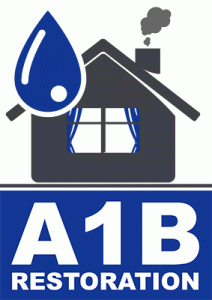
Irving Texas water damage restoration service near me
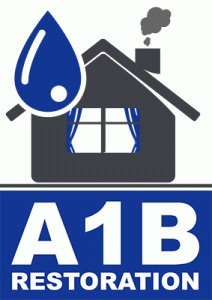
restoration company water damage Duncanville Texas
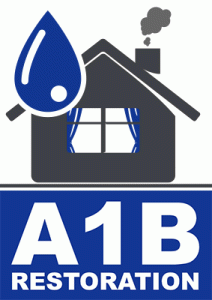
Royse City Texas water extraction company near me
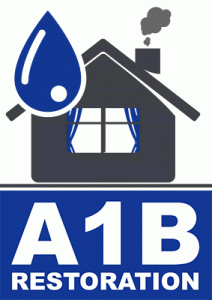
water damage and restoration companies Addison Texas
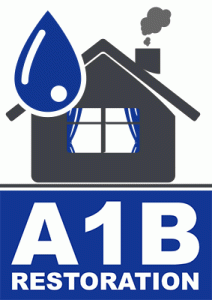
Plano TX water damage restoration companies near me
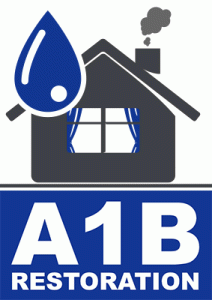
water remediation company near me Lakewood Dallas Texas
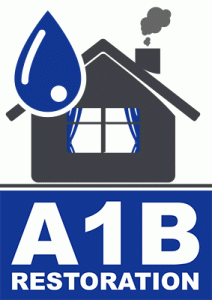
water damage restoration services near me DeSoto Texas
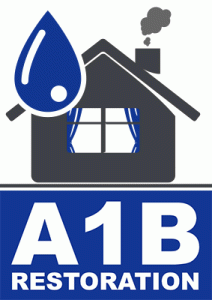
water restoration companies near me Lake Dallas Texas
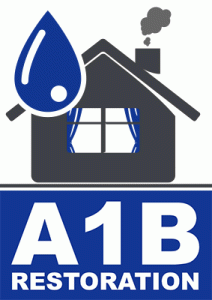
Rockwall Texas water damage restoration service near me
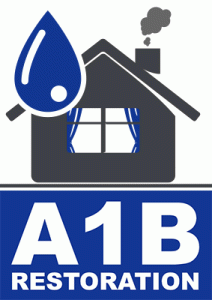
Lake Dallas Texas water extraction company near me
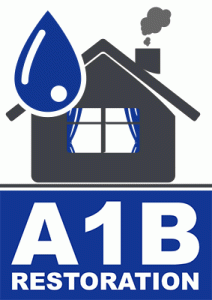
Lake Highlands Dallas Texas disaster restoration companies
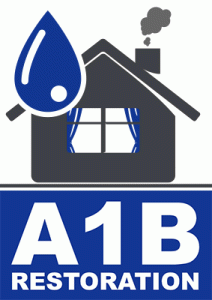
North Richland Hills Texas water extraction company near me
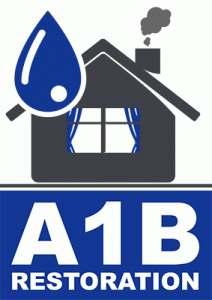
Grapevine Texas water damage restoration service near me
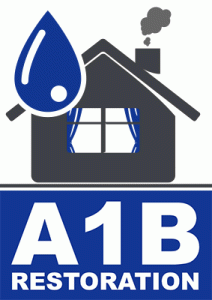
Lake Highlands Dallas Texas water damage restoration service near me
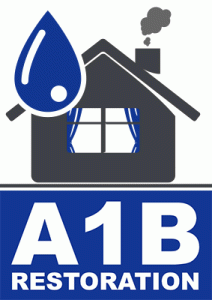
Lake Highlands Dallas Texas water remediation company
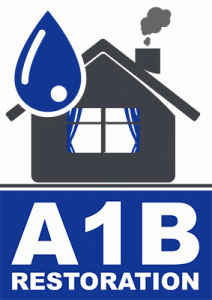
Preston Hollow Dallas Texas water extraction company near me
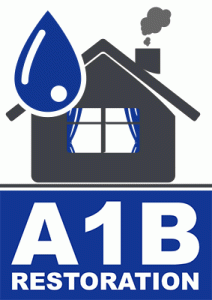
Lake Highlands Dallas TX restoration water damage experts
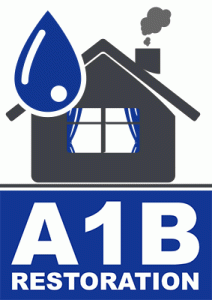
Southlake TX water damage restoration companies near me
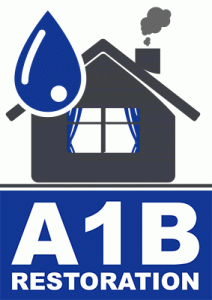
Highland Park TX water damage restoration services
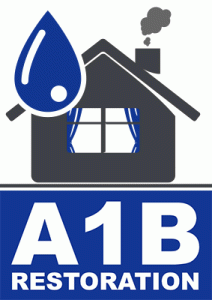
Fairview TX water damage restoration companies near me
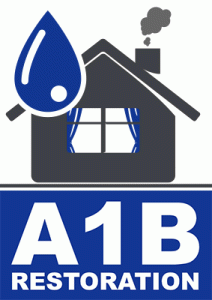
Duncanville TX water damage restoration companies near me
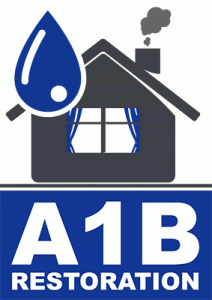
Carrollton TX water damage restoration companies near me
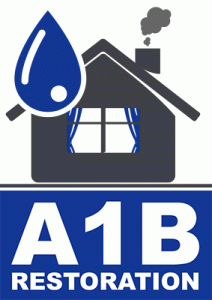
Highland Park TX restoration water damage experts
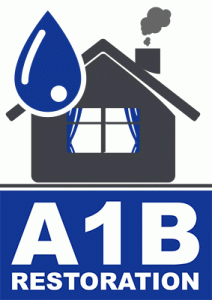
Grand Prairie TX water damage restoration companies near me
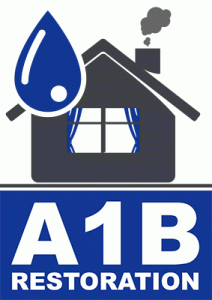
Lake Dallas TX water damage restoration companies near me
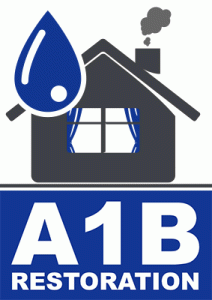
Frisco TX water damage restoration companies near me
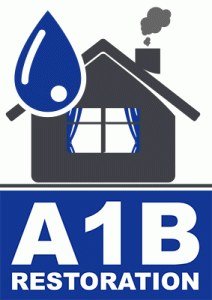
restoration services water damage The Colony Texas
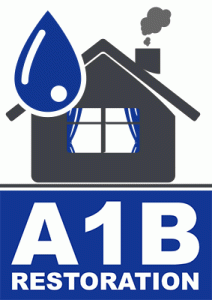
water remediation company near me Lake Dallas Texas
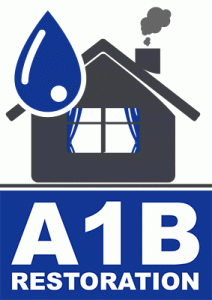
water damage restoration services near me Rockwall Texas
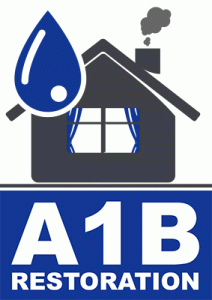
water damage restoration service Duncanville Texas
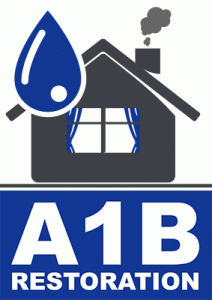
water damage restoration services near me Rowlett Texas
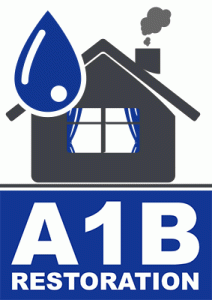
water damage restoration services near me Haltom City Texas
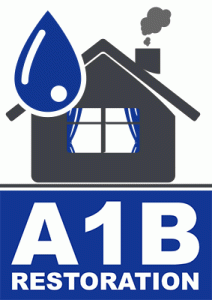
water damage companies near me North Richland Hills Texas
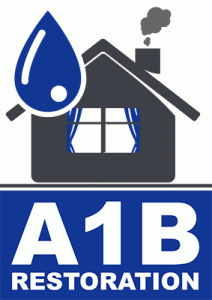
water restoration companies near me Cedar Hill Texas
